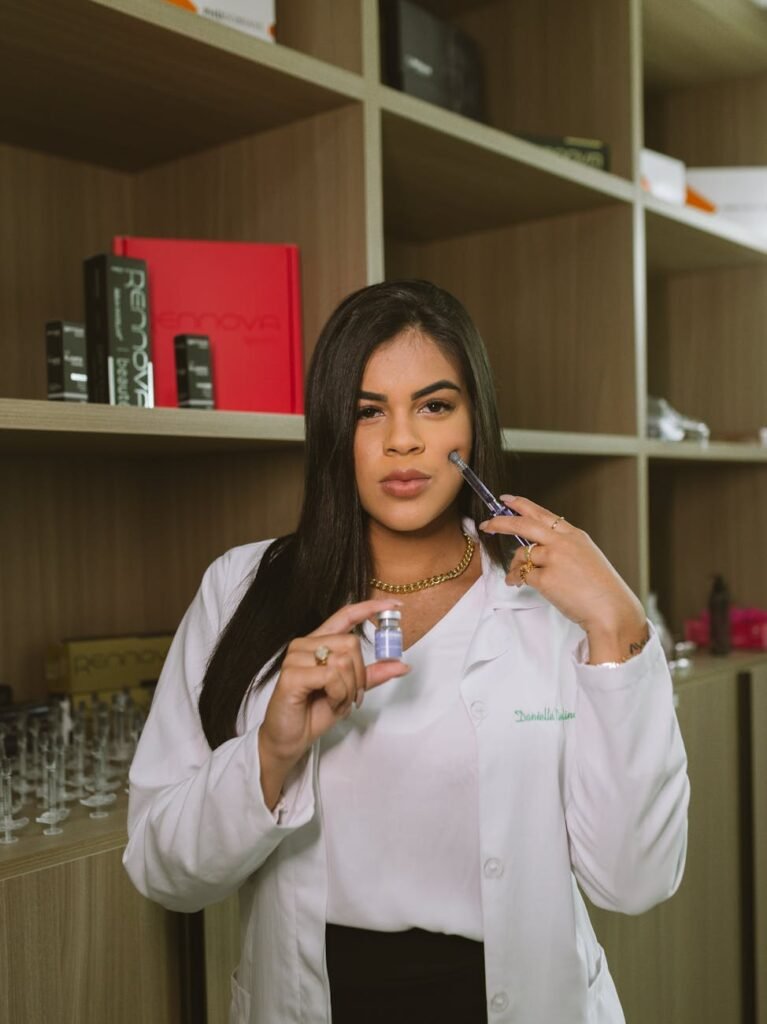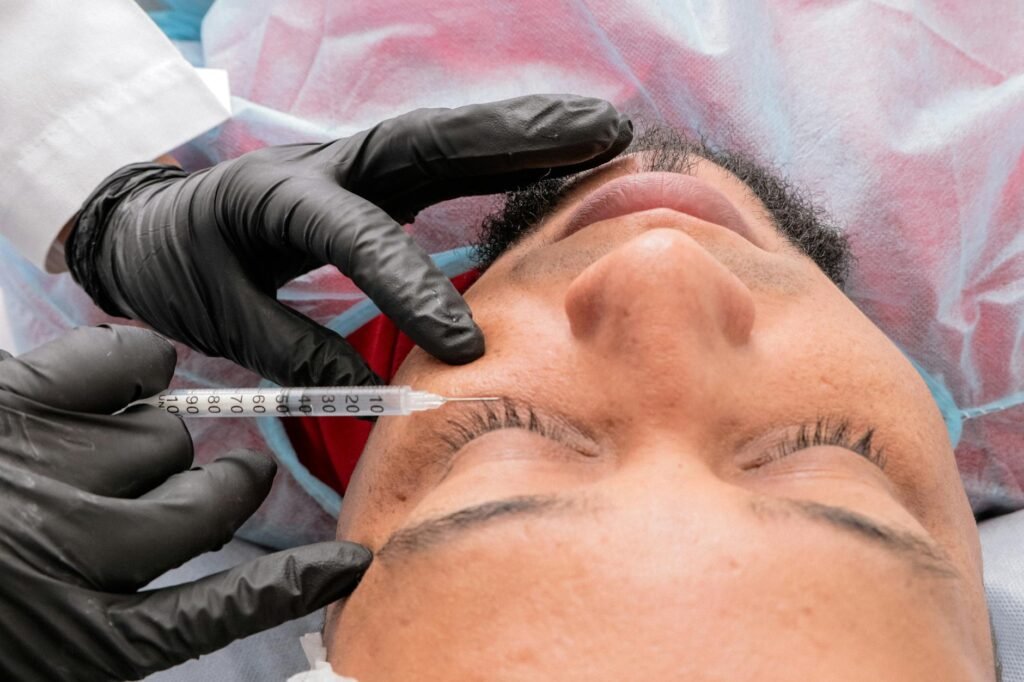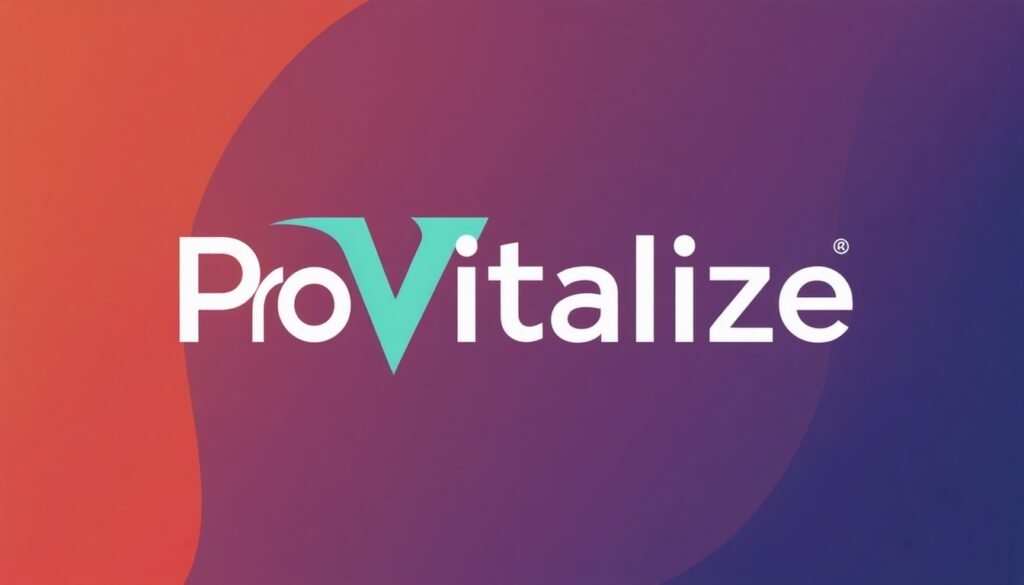Understanding Therapeutic Services
Importance of Therapeutic Services
Therapeutic health services are like a lifeline for folks looking to boost their overall well-being. These services help people tackle everyday tasks, break free from physical hurdles, and manage mental health struggles. They’re a real game-changer for anyone grappling with substance use or mental health issues (Synchronous Mental Health). By mixing medication-assisted treatments with counselling, therapeutic services offer a helping hand to get folks back on their feet and feel independent again.
The perks of therapeutic health services are pretty sweet. They can ease pain, get you moving, lift your spirits, improve your communication, and give your self-esteem a nice boost. These services are essential for helping people live their best lives in our fast-paced, stress-filled world.
Types of Therapeutic Approaches
There’s a whole buffet of therapeutic approaches, each tailored to tackle different needs and conditions. Knowing the ins and outs of these approaches can help folks and their caregivers pick the therapy that fits them like a glove.
Cognitive Behavioral Therapy (CBT)
Cognitive Behavioral Therapy (CBT) is a go-to treatment for a bunch of disorders like anxiety, depression, trauma, and PTSD. It’s all about spotting and flipping those pesky negative thoughts and behaviours. The National Alliance on Mental Health (NAMI) says CBT helps folks build coping skills and tackle problems head-on.
Dialectical Behavior Therapy (DBT)
Dialectical Behavior Therapy (DBT) is a real lifesaver for people with borderline personality disorder (BPD). A 2024 study found that DBT does wonders for lifting depressive symptoms, stabilizing mood, curbing impulsivity, and boosting overall well-being in folks with BPD. Plus, it cuts down on hospital visits for these individuals (Medical News Today).
Exposure Therapy
Exposure therapy is a popular choice for tackling PTSD and other anxiety disorders. This method involves slowly introducing folks to the source of their anxiety in a safe setting. A 2022 study showed that exposure therapy, including prolonged exposure therapy for PTSD, works well for people who’ve been through one or more traumatic events. It’s especially effective for those over 14 years old (Medical News Today).
| Therapeutic Approach | Key Benefits | Suitable For |
|---|---|---|
| Cognitive Behavioral Therapy (CBT) | Changes negative thoughts, builds coping skills | Anxiety, depression, trauma, PTSD |
| Dialectical Behavior Therapy (DBT) | Lifts mood, curbs impulsivity, cuts hospital visits | Borderline personality disorder (BPD) |
| Exposure Therapy | Gradual anxiety exposure, trauma relief | PTSD, anxiety disorders |
For more information on therapeutic services, check out our pages on therapeutic services and revive therapeutic services. If you’re looking for specialized therapy for autism, take a peek at autism therapeutic services.
Popular Therapeutic Techniques
Therapeutic health services offer many ways to boost mental well-being. Let’s discuss three big ones: Cognitive Behavioral Therapy (CBT), Dialectical Behavior Therapy (DBT), and Exposure Therapy.
Cognitive Behavioral Therapy (CBT)
Cognitive Behavioral Therapy (CBT) is like the Swiss Army knife of therapy. It’s all about spotting and flipping those pesky negative thoughts and habits. Whether you’re wrestling with anxiety, depression, trauma, or PTSD, CBT’s got your back (Medical News Today). It gives folks coping tools and problem-solving skills to tackle their symptoms and feel better overall.
| Disorder | How Well CBT Works |
|---|---|
| Anxiety | High |
| Depression | High |
| Trauma | Moderate to High |
| PTSD | High |
Want to dig deeper into therapeutic services? Swing by our page on therapeutic services.
Dialectical Behavior Therapy (DBT)
Dialectical Behavior Therapy (DBT) is like CBT’s zen cousin. It mixes cognitive tricks with mindfulness magic. It’s a game-changer for folks with borderline personality disorder (BPD), helping lift depressive clouds and boosting overall happiness (Medical News Today). DBT also tackles mood swings and impulsive actions and even cuts down on hospital visits.
| Symptom | How DBT Helps |
|---|---|
| Depressive Symptoms | Big Time |
| General Well-being | Big Time |
| Mood Swings | Moderate to High |
| Impulsivity | Moderate to High |
Are you curious about DBT and other therapies? Check out our piece on reviving therapeutic services.
Exposure Therapy
Exposure Therapy is like facing your fears head-on. It’s super helpful for folks dealing with PTSD, especially if they’ve been through a lot (Medical News Today). This therapy gently nudges you to face what scares you, helping you build courage and ease anxiety over time.
| Trauma Type | How Well Exposure Therapy Works |
|---|---|
| Single Trauma | High |
| Multiple Traumas | Moderate to High |
| Age Group (14+) | High |
Looking for more therapeutic techniques? Visit our centre for therapeutic services and psychodiagnostics.
By learning about these popular therapies, people can make smart choices about their mental health care and choose the approach that best suits them.
Benefits of Therapeutic Health Services
Therapeutic health services are a secret weapon for boosting your quality of life. They tackle both the physical and mental stuff, giving you a full-on support system for feeling good.
Physical and Mental Well-being
These services are about helping you through the day without feeling like you’re dragging a ball and chain. Whether it’s dealing with substance use or mental health issues, therapeutic health services have your back. They mix meds and counselling to keep you on track and feeling better.
| Benefit | Description |
|---|---|
| Pain Relief | Say goodbye to that nagging pain with treatments that actually work. |
| Increased Mobility | Get moving again with physical therapy and other tricks to boost your physical game. |
| Enhanced Emotional Well-being | Stress, anxiety, depression? Therapy’s got the tools to help you chill out and feel better. |
| Improved Communication | Perfect for folks with autism or communication hiccups, therapy can help you get your point across. |
| Boosted Self-confidence | Tackling those physical and mental hurdles can make you feel like a rock star. |
Therapeutic health services are like a roadmap to recovery and self-discovery, helping you live your best life. They’re key to overcoming physical issues and disabilities and hitting those life goals (Synchronous Mental Health).
Emotional Support and Communication
Emotional support and good communication are the bread and butter of therapeutic health services. They give you a safe spot to spill your guts, work through the tough stuff, and learn how to cope like a pro.
These services are a lifeline for pain relief, getting you moving, boosting your emotional health, improving how you talk to others, and building self-confidence. They’re crucial for helping folks get back on their feet and live their best lives in this crazy, fast-paced world.
Want to know more about these services? Check out our page on therapeutic services. If you’re after something more specialized, swing by our Center for Therapeutic Services and Psychodiagnostics or look into autism therapeutic services.
By pursuing therapeutic health services, people can see big changes in their physical and mental health, emotional support, and communication skills. These perks lead to a better life and a whole lot more satisfaction.
Accessing Therapeutic Services
Cost and Payment Options
Therapy prices in the U.S. can be all over the map, with most therapists charging between $65 to $200 per session. Factors like where you live, the therapist’s experience, and the type of care you need can affect the cost. If you’re worried about the price tag, don’t sweat it—there are ways to make therapy more affordable:
- Sliding Scale Fees: Some therapists adjust their fees based on your income and what you can afford. This makes therapy more reachable for folks struggling with the full price.
- Payment Plans: You might find therapists who let you pay over time, easing the financial burden.
- University Clinics: These clinics, run by grad students under the watchful eye of licensed pros, often offer therapy at a lower cost.
| Payment Option | Description |
|---|---|
| Sliding Scale Fees | Fees adjusted based on income and ability to pay |
| Payment Plans | Allows clients to pay over a longer period |
| University Clinics | Services offered by graduate students under supervision, often on a sliding scale |
Insurance Coverage and Telehealth Services
Insurance is catching up with the times, and many plans now cover therapy, including telehealth sessions with in-network providers (Verywell Mind). But heads up—some online therapy platforms like BetterHelp might not take insurance.
- In-Network Providers: Your insurance likely covers therapy with these providers, including virtual sessions.
- Out-of-Network Providers: Coverage here can be hit or miss, and you might pay more out of pocket.
- Telehealth Services: This option is gaining popularity, offering therapy from the comfort of your home.
For more info on insurance and telehealth, swing by our page on revive therapeutic services.
Affordable Mental Health Clinics
Mental health clinics can be a lifesaver if you’re travelling alone without insurance or just looking for cheaper options. They often use a sliding-scale fee system, making therapy more accessible to everyone.
- Community Mental Health Centers: These places offer various services, often at a discount.
- University Clinics: As mentioned, these clinics staffed by grad students offer budget-friendly therapy.
- Non-Profit Organizations: Many non-profits provide low-cost or even free mental health services for those in need.
| Clinic Type | Description |
|---|---|
| Community Mental Health Centers | Offer a variety of services at reduced costs |
| University Clinics | Staffed by graduate students, often on a sliding scale |
| Non-Profit Organizations | Provide low-cost or free services |
For more scoop on affordable mental health clinics, check out our Center for Therapeutic Services and Psychodiagnostics article.
By checking out these options, people can find the right therapy services to fit their needs and ensure they get the mental health care they deserve.
Choosing a Therapeutic Health Provider
Picking the right therapeutic health provider is like finding the perfect pair of shoes—they have to fit just right for you to walk comfortably. Here’s what to keep in mind when you’re on the hunt.
Research and Credentials
Start by doing your homework. You want someone who knows their stuff. Check if they’ve got the proper licenses and certifications. This means they’ve passed the tests and are good to go. Don’t forget to snoop online for reviews and stories from folks in your shoes.
| Credential | Why It Matters |
|---|---|
| License | Shows they meet the pro standards |
| Certification | Means they’ve got special skills |
| Reviews | Gives you the lowdown from past clients |
Need more info on what’s out there? Check out our therapeutic services page.
Specializations and Treatment Approaches
Therapists are like ice cream—lots of flavors. You gotta find the one that suits your taste. If you’re dealing with something like autism, make sure they’ve got the chops for it. Ask about their game plan too, like if they use CBT or DBT.
| Specialization | Treatment Style |
|---|---|
| Autism | Applied Behavior Analysis (ABA) |
| Anxiety | Cognitive Behavioral Therapy (CBT) |
| Depression | Dialectical Behavior Therapy (DBT) |
Location, Accessibility, and Communication
You don’t want to trek across town for a session, right? Find someone close by with hours that fit your life. And hey, if you’re juggling a lot, see if they offer telehealth.
Talking is a big part of therapy, so ensure you vibe with them. You have to feel comfortable spilling the beans and know they’re listening. Trust is the secret sauce here.
Visit our Revive Therapeutic Services page for more on getting started, including what it might cost you.
By keeping these things in mind, you’ll be on your way to finding a therapeutic health provider that’s just right for you. For more help and information, check out our Center for Therapeutic Services and Psychodiagnostic.
Technology in Mental Health Care
Technology has shaken up mental health care, making getting the help you need easier than ever. From handy mobile support to clever apps, tech is opening doors for people seeking mental health care.
Mobile Mental Health Support
Mobile mental health support is like having a lifeline in your pocket. Just grab your phone or computer and reach out to the 988 Suicide and Crisis Lifeline anytime you need it. Call, text, or chat—it’s there for you when things get tough. This instant access can be a real game-changer for those in a pinch.
Plus, there are snazzy apps for your smartphone or tablet that use built-in sensors to monitor your habits. This information can be a goldmine for mental health pros who want to help you out.
Mental Health Apps and Technology
Mental health apps are popping up everywhere, with thousands in the iTunes and Android app stores. However, with so many options and little regulation, it can be tricky to know which ones are worth your time (NIMH).
Even with these bumps, mental health apps have great potential. Smart folks are working on apps to tackle all sorts of mental health issues, like:
- Kicking the smoking habit
- Handling anxiety and depression
- Dealing with eating disorders
- Managing post-traumatic stress
- Getting better sleep
Advantages of Mobile Care Technology
Mobile care tech is a win-win for people seeking mental health help and the pros providing it. Here are some perks:
- Self-management: Giving folks the power to manage their mental health.
- Improving thinking skills: Boosting brainpower with targeted exercises.
- Skill training: Offering tools and tricks to handle mental health challenges.
- Illness management: Helping people cope with ongoing mental health issues.
- Passive symptom tracking: Keeping an eye on symptoms without needing user input.
- Data collection: Gathering useful info for research and treatment plans.
- Conducting research: Making it easier to study and improve mental health care.
| Advantage | Description |
|---|---|
| Self-management | Giving folks the power to manage their mental health. |
| Improving thinking skills | Boosting brainpower with targeted exercises. |
| Skill training | Offering tools and tricks to handle mental health challenges. |
| Illness management | Helping people cope with ongoing mental health issues. |
| Passive symptom tracking | Keeping an eye on symptoms without needing user input. |
| Data collection | Gathering useful info for research and treatment plans. |
| Conducting research | Making it easier to study and improve mental health care. |
NIMH has awarded over 400 grants for tech-enhanced mental health projects, focusing on self-management, cognitive boosts, skill training, illness management, passive symptom tracking, data collection, and research. A large portion of this funding comes from the NIMH Small Business Innovation Research (SBIR) and Small Business Technology Transfer (STTR) Programs.
For more information on getting therapeutic services, check out our sections on therapeutic services and revive therapeutic services. If you’re curious about autism-related therapy, take a peek at our article on autism therapeutic services. For psychological assessments, the Center for Therapeutic Services and Psychodiagnostic has some great resources.












